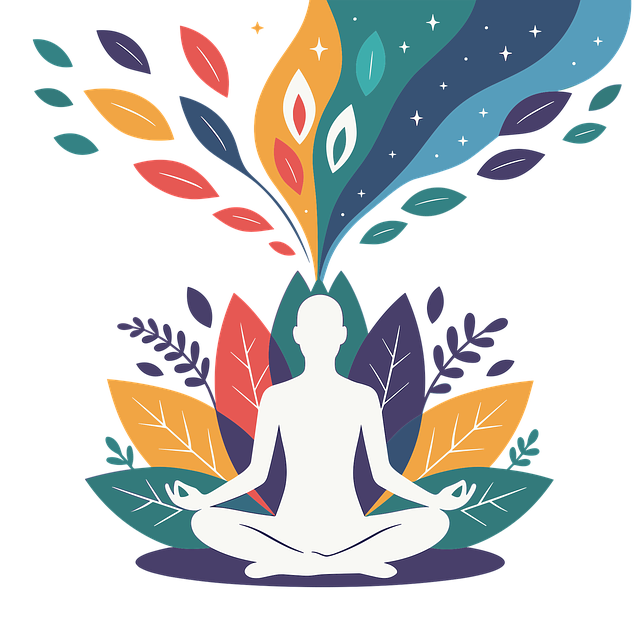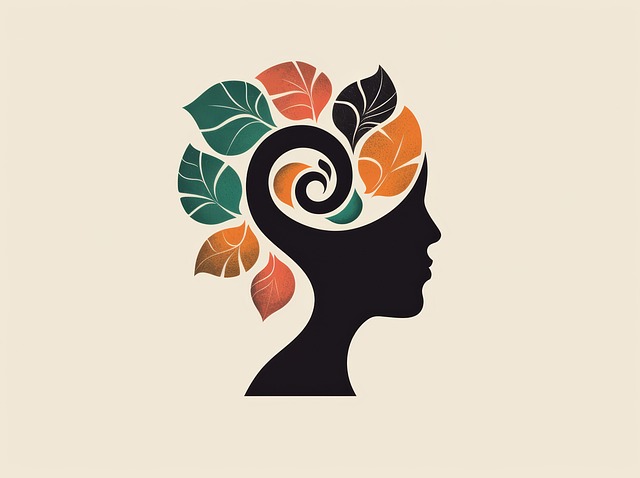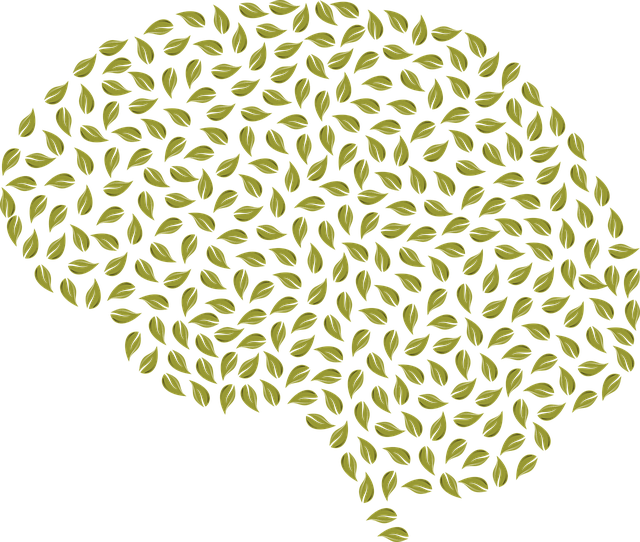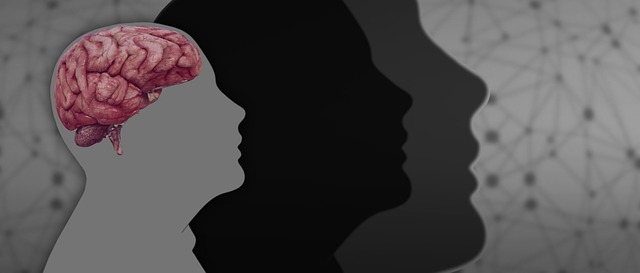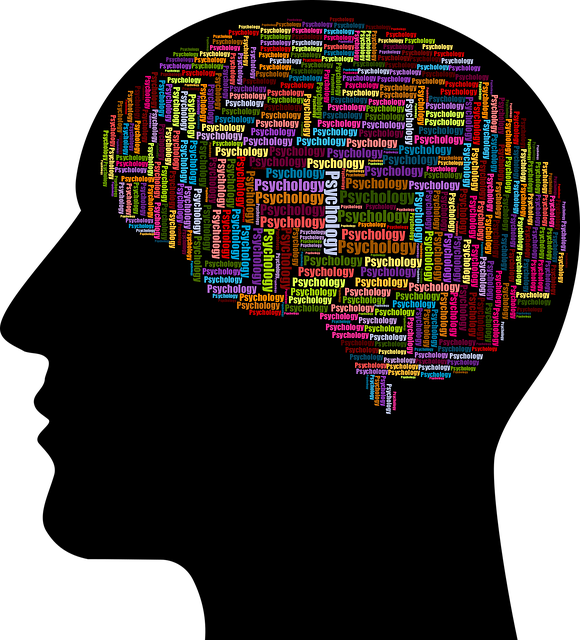Highlands Ranch Learning Disability Therapy emphasizes holistic self-care as a powerful tool for individuals with learning disabilities. Through tailored strategies, therapists guide clients towards improved physical, mental, and emotional well-being. This involves mindfulness meditation, relaxation techniques, balanced lifestyles, and coping mechanisms to reduce stress and enhance resilience. By adopting these practices, individuals can navigate life's challenges effectively while fostering connection, purpose, and overall quality of life.
“Unwind, rejuvenate, and embrace a transformative journey towards enhanced self-care – a cornerstone of holistic wellbeing. This article explores the profound impact of self-care on mental health, as seen through the lens of Highlands Ranch Learning Disability Therapy. From understanding its foundational role in overall wellbeing to identifying personal needs, we delve into effective strategies. Discover practical tips on incorporating mindfulness, relaxation, and lifestyle adjustments tailored by therapists. Learn how to build a sustainable self-care routine that nurtures your mind.”
- Understanding Self-Care and its Impact on Overall Wellbeing
- Identifying Personal Self-Care Needs in Highlands Ranch Learning Disability Therapy
- Incorporating Mindfulness and Relaxation Techniques for Daily Practice
- Lifestyle Adjustments for Improved Mental Health Support
- Building a Sustainable Self-Care Routine: Tips from Learning Disability Therapists
Understanding Self-Care and its Impact on Overall Wellbeing

Self-care is a holistic practice that involves nurturing and supporting one’s physical, mental, emotional, and spiritual health. It’s an essential aspect of life, especially for individuals with learning disabilities or other unique challenges, such as those supported by Highlands Ranch Learning Disability Therapy. Understanding self-care goes beyond occasional pampering; it’s about creating sustainable habits that enhance overall wellbeing. When practiced consistently, self-care can significantly reduce stress levels, improve resilience, and boost one’s ability to navigate life’s ups and downs.
In today’s fast-paced world, where burnout is a common concern, especially among healthcare providers, adopting effective self-care practices is more crucial than ever. Public awareness campaigns and development of burnout prevention strategies can play a pivotal role in encouraging individuals to prioritize their well-being. By integrating self-care into daily routines, people can prevent crises and effectively manage challenges, as highlighted by crisis intervention guidance resources available today.
Identifying Personal Self-Care Needs in Highlands Ranch Learning Disability Therapy

In Highlands Ranch Learning Disability Therapy, identifying personal self-care needs is a foundational step toward holistic well-being. This process involves introspection and awareness of one’s unique physical, emotional, and mental requirements. Every individual has distinct self-care demands, shaped by their experiences, challenges, and strengths. Therapists at Highlands Ranch Learning Disability Therapy guide clients through this journey, encouraging them to explore various practices that cater to these specific needs.
The therapeutic environment fosters public awareness campaigns development by promoting open discussions on self-care. Mindfulness meditation and emotional healing processes are integral components of this approach. Through tailored strategies, individuals learn to navigate stress, enhance resilience, and cultivate a deeper connection with themselves. By recognizing and addressing personal self-care needs, clients at Highlands Ranch Learning Disability Therapy embark on a transformative path towards improved overall health and a better quality of life.
Incorporating Mindfulness and Relaxation Techniques for Daily Practice

Incorporating mindfulness and relaxation techniques into daily routines can significantly enhance self-care practices, particularly for individuals in Highlands Ranch learning disability therapy settings or those who face high-stress environments like healthcare providers. These strategies are essential tools in emotional healing processes, as they promote a sense of calm and balance amidst life’s challenges.
For healthcare professionals, burnout prevention strategies can be revolutionized through regular mindfulness practices. By dedicating even just a few minutes each day to relaxation techniques, therapists, doctors, and nurses can effectively manage stress, improve their well-being, and ultimately provide better patient care. This simple yet powerful approach can transform the way professionals navigate demanding careers, ensuring they remain present, engaged, and compassionate in their work.
Lifestyle Adjustments for Improved Mental Health Support

In Highlands Ranch Learning Disability Therapy, a holistic approach to mental health support begins with lifestyle adjustments. This includes adopting a balanced diet rich in nutrients, engaging in regular physical activity tailored to individual needs and preferences, and prioritizing quality sleep. These foundational elements play a significant role in promoting mental wellness, as they influence neurotransmitter production, mood regulation, and overall cognitive function.
Additionally, compassion cultivation practices, inner strength development, and mental wellness coaching programs can be transformative tools. By incorporating mindfulness techniques, cultivating empathy and kindness towards oneself and others, individuals can enhance emotional resilience and coping mechanisms. These strategies not only support mental health but also foster a deeper sense of connection and purpose, ultimately enriching one’s overall quality of life.
Building a Sustainable Self-Care Routine: Tips from Learning Disability Therapists

Building a sustainable self-care routine is an essential aspect of maintaining good mental health, and for individuals with learning disabilities, it can be transformative. Highlands Ranch Learning Disability Therapy experts emphasize that creating a consistent practice is key to improving overall well-being. One effective strategy is to start small and incorporate manageable activities into daily life. This might include dedicated time for relaxation, such as ten minutes of mindfulness meditation or a short walk in nature, which can help regulate emotions and reduce stress levels.
Therapists suggest incorporating diverse self-care techniques tailored to individual preferences. For some, this could be engaging in creative outlets like art or writing, while others may find solace in physical activities like yoga or dancing. Regularly practicing self-awareness exercises, as taught through mental health education programs designed specifically for learning disabilities, can help individuals better understand and manage their emotions. Over time, these practices become second nature, fostering a sense of control and enhancing overall emotional regulation.
Self-care is not just a trend, but a vital practice for maintaining overall wellbeing, as highlighted by experts at Highlands Ranch Learning Disability Therapy. By understanding our individual needs and incorporating techniques like mindfulness and lifestyle adjustments, we can create a sustainable self-care routine. This article has provided practical tips from therapists specializing in learning disabilities to help you navigate your personal journey towards improved mental health and enhanced quality of life. Embrace these strategies and take proactive steps towards prioritizing your wellbeing.
